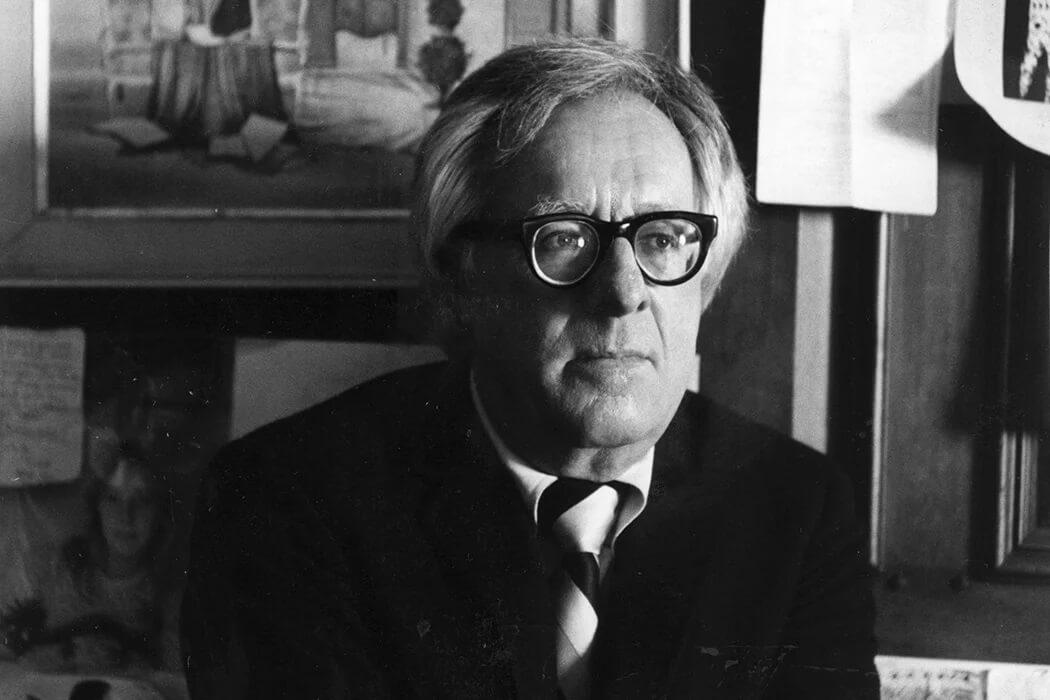Steve Soldi Jr. took his B.A. in English from the College of the Holy Cross and his M.A. in the Humanities from the University of Dallas. He currently lives in the Piney Woods of East Texas, where he teaches in the three-year Humanities program at The Brook Hill School, a college preparatory boarding school committed to the classics of Western Civilization.

